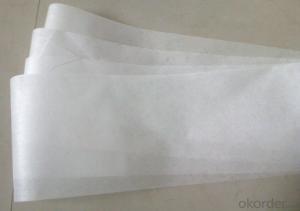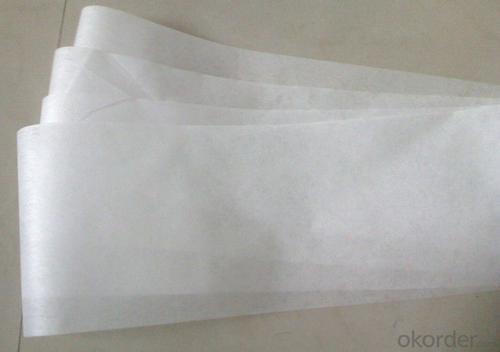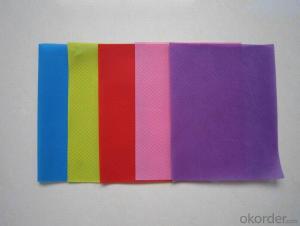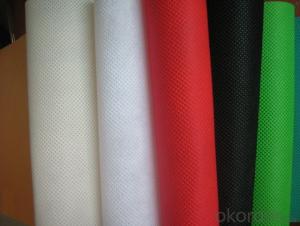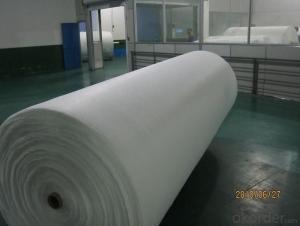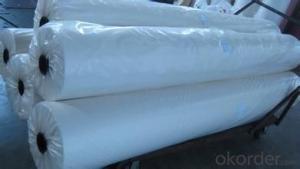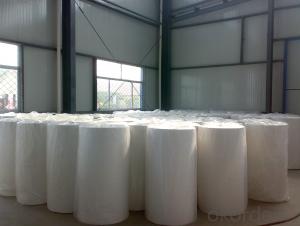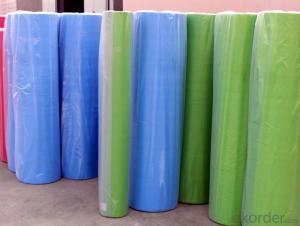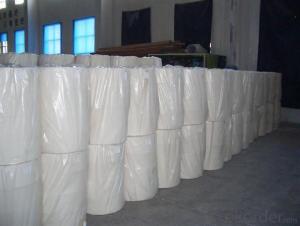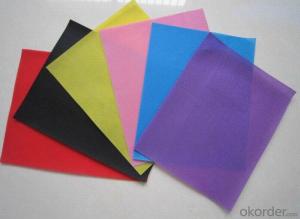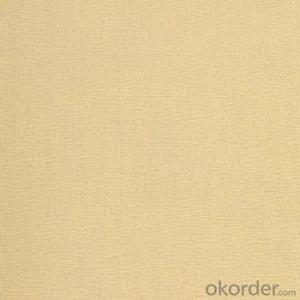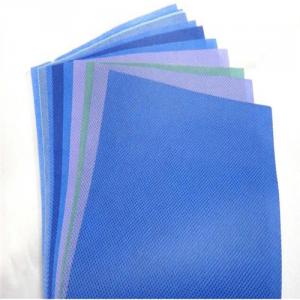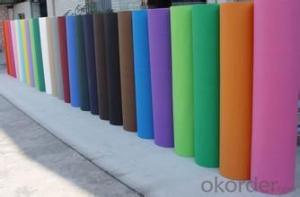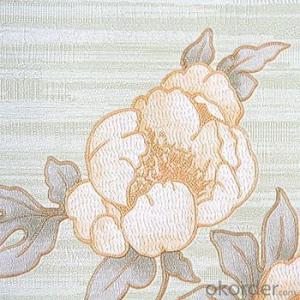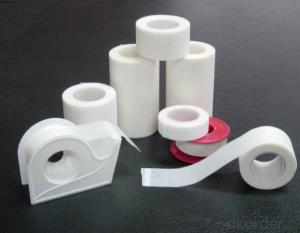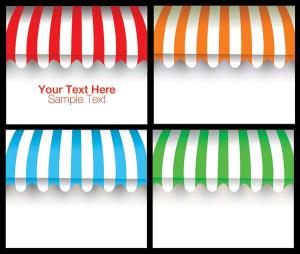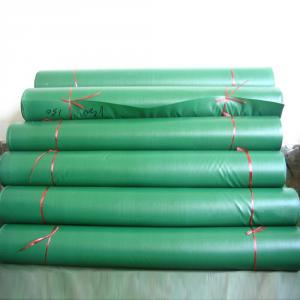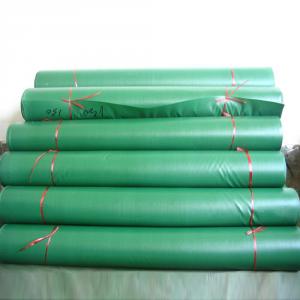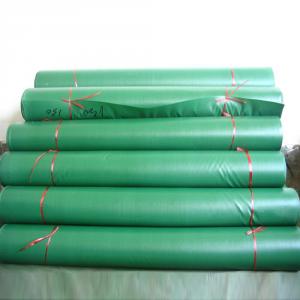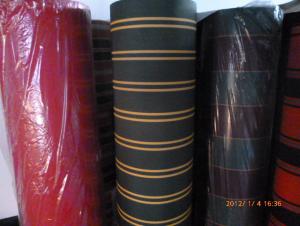Sisal Web Non Woven Fabric for Lamp Shades or Table and Party Decoration
- Loading Port:
- Shanghai
- Payment Terms:
- TT OR LC
- Min Order Qty:
- 1000 roll
- Supply Capability:
- 10000 roll/month
OKorder Service Pledge
OKorder Financial Service
You Might Also Like
Specifications
Non woven fabric(chemical bond nonwoven,chemical fabric)
Non woven fabric
Fiber composition: 100% PET,or PET mix Viscose
Width: Below 88 inch(220cm)
Weight:20G-150G square meter
Hand feeling: Soft, Hard,Crisp etc
Color: White,Super white,Black color etc
Item No:2016S,2016H,1020H,1025H,1035H,1050H,1065H
Chemical Bonded Non-woven fabric made of 100% PET,PET mix Viscose material etc,weight from 20-150g/m,width below 220cm,do soft,hard,crisp hand feeling,have white,super white,Black color.The product are widely used for Chef hat material,Handicraft product,clothes interlining,Embroidery etc.
Non woven fabric(chemical bond nonwoven,chemical fabric)
Surgical Gowns
Gloves
Face Masks
Foot covers
Diapers
Caps
Bedsheets
Curtains
Pillow Covers
Slippers
Packaging
Sleeping Bags
Tarpaulins
Tents
Artificial Leather
Bags for Rice/Sugar etc.
Luggage
Vacuum Cleaner Bags
Tea and Coffee Bags
Buff Pads
Shopping Bags
Agriculture
Crop Covers
Turf Protections
Nursery Over wintering
Weed Control Fabrics
Root Bags
Containers
Capillary Matting
Other types of covers
Furniture Upholstery
Roofing and Tile Underlayment
Acoustical Ceilings
Insulation
House wrap
Pipe wrap
Sofa and Mattress Lining
Shoes & Garments
Coveralls
Pillow cases
Airline Headrests
Interlinings
Clothing and Glove insulation
Bra and Shoulder Padding
ADVANTAGES:
1. Lower labour costs as no weeding maintenance for years;
2. Water seeps through and can conserve soil moisture for improved growing conditions;
3. Air escapes – humidity rises through the mat for a more controlled growing environment;
4. Increase crop yields close to 25% due to improved growing conditions and absence of water stress and competition of nutrients absorption from weeds;
5. Minimises bacteria and fungus problems especially Algae;
6. Strong, woven construction or pressed fibre sheet resists tears and punctures;
7. Resistant to mildew, rot, water, sunlight and most of the agricultural chemicals
8. Fertilizer is applied on the mat, thus helping the owner or estate manager to monitor the progress of manuring;
9. Prevents soil erosion or leaching of soil nutrients or fertilizers applied;
10. Environmental friendly.
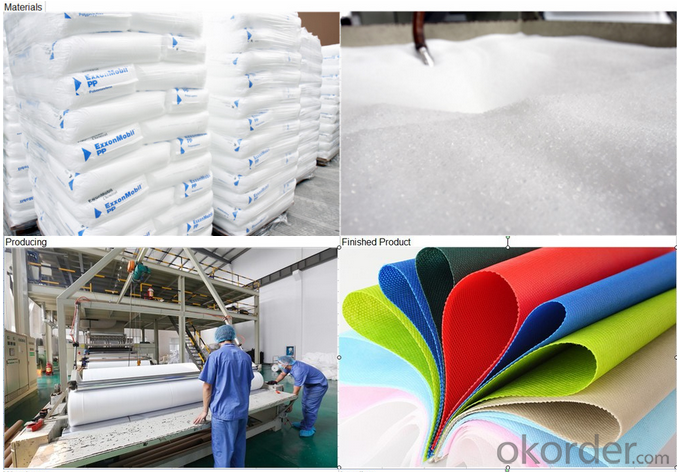
FAQ:
Q .What is the material of the non woven fabric ?
A .PP spunbond non woven fabric
Grade A: 100% Polypropylene
Grade B: 90% Polypropylene +10% filling
Q .What about the width of the non woven fabric ?
A .We can cut the fabric as your requirement. Our width of machine is 240cm, so the max of the width is 240cm
Q .What about the color ?
A .Any color is available. You just need to give me the Panton Num or send me your sample. Then we will make the color samples to you for approve
Q .What about the GSM ?
A .The thinnest of the fabric that we can produce is 9g, and the thickest is 250g. Normally the fabric that used in bag making is 50-100g, the agricultural used is 17-50g, the home used fabric is 40g and so on...
Q .What about the delivery time ?
A .We can finish the production in 2-3 days (40ft HQ)
Q .What about the price ?
A .We are the factory of the PP nonwoven fabric, We can supply you with good quality and favorable price
- Q: What are the processes of dyeing and finishing of textiles?
- Different raw materials processing process is not exactly the same, the specific operation of specific raw materials.
- Q: Differences between textile mills and garment factories
- In order to have fabric sent to the garment factory made of clothes. Garment factory is made of various kinds of fabric clothing;
- Q: Sponges are plastic or textiles
- As well as shock-resistant, anti-friction applications such as elastic materials, such as soles, tractor tanks. Sponge production process is as follows
- Q: What are the types of textiles that are different?
- According to the use can be divided into clothing with textiles, decorative textiles, industrial supplies three categories;
- Q: Textile industry belongs to the first few industries
- The first industry in the "classification of national economic industry" (GB / T 4754-2002), a category that is Class A, including agriculture, forestry, animal husbandry, fisheries and agriculture, forestry, animal husbandry, fishing services a total of five categories; Mining and salt industry into the secondary industry.
- Q: Textile and garment industry, including a complete industrial chain which
- Clothing, refers to the clothing shoes and bags of toys, such as the general term, more fingers clothes. Clothing in the early development of human society has emerged, the ancient people can find a variety of materials around the rough "clothes" to protect the body
- Q: What is a large circular machine and a small circular machine in the textile?
- Knitting large circular machine, scientific name knitting circular weft machine (or knitting circular knitting machine).
- Q: What are the raw materials for textiles?
- Modern textiles not only protect the body, but also can fill the internal organs (artificial blood vessels, artificial kidney). Both on the fly Xiao Xiao (space suit), but also under the ground floor (road cloth).
- Q: What are the products produced by the textile mill?
- Or weaving from the weaving method: knitting, woven, non-woven fabric. For example, we wear the T-shirt is knitted. Woven, such as shirts, jeans and so on. Non-woven fabrics, such as the suit inside the lining, we are now the most popular shopping bags. They are nonwovens.
- Q: How to do the textile warehouse damp
- How to control the production and storage environment has become an urgent problem to be solved in the development of many factories. Therefore, we have to use the moisture-proof facilities in the very humid environment of the industrial workshop, so that the industrial workshop can reach a good humidity range and avoid the dampness , To ensure that the production workshop, storage inventory environment, improve the quality of the product.
Send your message to us
Sisal Web Non Woven Fabric for Lamp Shades or Table and Party Decoration
- Loading Port:
- Shanghai
- Payment Terms:
- TT OR LC
- Min Order Qty:
- 1000 roll
- Supply Capability:
- 10000 roll/month
OKorder Service Pledge
OKorder Financial Service
Similar products
Hot products
Hot Searches
